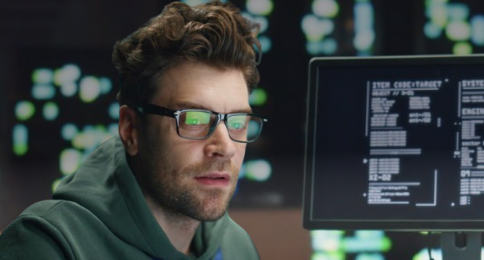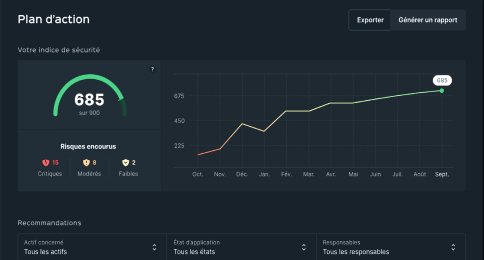A new trend: Your DNA for free participation in a contest?
What was meant to happen happened: more than ever, YOU are the product. The era of cookies and web traffic analysis thanks to Google Analytics has passed. New heights have been reached with a contest organised by Momondo, a travel search website. This enterprise, based in Denmark, has launched a contest that could permit you to travel to every country connected to your genetic heritage.
“Huh? How would they know where I come from?”, you ask? Nothing can be easier: they send you a genetic test kit to collect a sample of your DNA for testing. They then communicate to you the list of countries connected to your genetic heritage!
Moving videos, but…
The campaign is nonetheless well designed. The videos are moving, even inspiring, and they invite inclusion. After all, we are citizens of the world! However, we should ask ourselves how genetic heritage and the results of testing can be used by this third party. Moreover, do we know how this information is safeguarded?
Thankfully, the terms of use of the contest (warning – it is very difficult to read) states that Momondo shall not have direct access to your DNA. Rather, the enterprise mandates an American medical laboratory called Ancestry International DNA, LLC, which has its own terms of use and informs its users that DNA samples and test results could travel the United States and Ireland. Though we would have liked to learn more about the cybersecurity measures implemented to protect your data, these elements do not seem clearly defined by the terms of use of either enterprise.
Why be concerned by this?
In this particular case, there may be nothing to be worried about. All this data might be adequately handled and perhaps no data will be leaked. But do we really want to provide a third party with this information in return for a single chance of winning a contest? What would happen if, one day, you share your genetic heritage in another contest and a data leak occurs? Who knows what a malicious government, business or individual might do with such information?
In technology, we use the term “vulnerability” to name a weakness that malicious hackers have found in software. They quickly exploit this vulnerability and software providers must create a patch to repair the weakness and distribute it to clients. Does our genetic heritage contain vulnerabilities that could be exploited by someone else? How could we protect ourselves from these vulnerabilities? In technology, we can update systems, deny access and change passwords: it is not so simple with DNA!
So, do you wish to participate in this contest?



